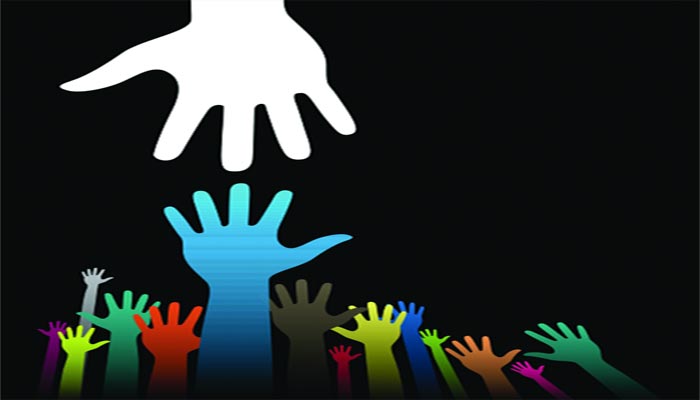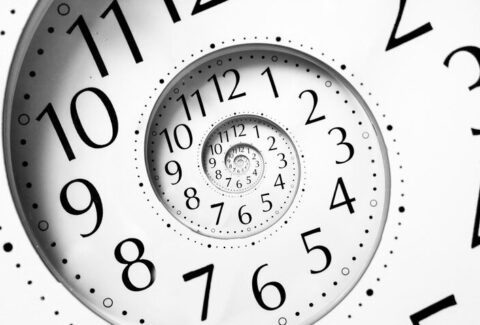Your Money, Your Self
Have you ever heard, “You don’t become a social worker for the money.” Or, “Be prepared to be poor for the rest of your life.” Or, something similar? These are the expectations that are set, that we either adopt, or seem to reinforce the belief systems we already have.
I’ve begun to question how we got to this place? Where are the origins and who are we in the context of these beliefs about money? Are these our true beliefs, and if so, how do we understand them and how do we help others who may also espouse them?
Let’s look at Dolla’s example:
She is a client, seeking help to manage her stress and anxiety. She reports; “I need better self-care. I go to therapy, and that’s been great, but I want to improve my self-care, go to the gym, and eat healthier.”
Over the course of several months she has been recounting her progress, as follows:
“So, I went to a few gyms in my neighborhood to check them out. What a racket! You walk in, and they come right up to you with big smiles, offering you infused water and immediately starting to sell you their most expensive membership with a free personal training session. They just want to hook you so you can drop more money. I don’t need that. I even went to Planet Fitness, standing at the counter, talking to the sales kid, looking at their different plans, debating with myself about whether or not I can really afford $10 a month. It was too much, I just walked out. I know I need to exercise but I guess I can find something on YouTube or download a free app or something. I’ve tried that before and it didn’t last, but I don’t see any other options right now.”
In her goal to start eating healthier, Dolla explains; “Let me tell you, I walk into Trader Joes, shopping list and canvas shopping bags in hand, grab my little shopping cart, and almost have a heart attack within 10 feet of entering the store. These prices! I thought it was a joke. I picked up a few things, but ended up putting everything back and walking out of the store. I was thinking that instead of buying all this expensive food, I can find another way, like other people do. Who knows, like when I was in college, I figured out how to live on Ramen noodles without dying, I can figure out how to make the best of what I have without breaking the bank.”
How do we go about helping Dolla? What do we typically do? Might we go straight to problem-solve? Might we talk to her about other ways she can save that don’t sacrifice the goals that she established for herself; might we talk to her about areas in her life where she might be wasting her money, or other forms of work she can take on to make more money so she can meet her goals? Is this really the issue or the best way to help and support her? What’s the root of the situation? Why are so many of her choices, including $10 a month for a gym membership, so centered around money and money alone? What are her beliefs about money?
How would you work with Dolla if she were you? Did you identify with her?
I, personally, started this process of thinking, and writing, about money and social work from the lens that we don’t actually talk about it. What occurred to me, however, is that we do. We talk about money all the time. We talk about how little we have, how we wish we had more, that we don’t get paid enough, or that we don’t get paid to do this or that in the context of our work, or we talk about our student loan debt, and not being able to afford things like vacations, therapy, to take a class, to get a new apartment, or a new sofa, etc. We bond with each other around all the things we don’t have as they relate to money. We bond also over all the things we have to do or are doing to make the ends that never seem to meet closer.
So, that’s everything we do. Now, here’s what we don’t do. We don’t have positive or empowering conversations about money. We don’t think about our beliefs about money, we only think about money in the context of lack and scarcity. We have a poverty-mindset. When I talk about we, I am speaking of our profession, and I am including myself. We hear this poverty-mindset embedded in how we are educated and socialized about this profession of ours.
So, imagine for a moment, what would it be like if we changed some of these beliefs we have about money?
What would it look like if we stopped thinking and speaking about what we didn’t have, if we started to embrace more of what we did have, and if we started to work toward what we want instead of telling ourselves, “that it will never happen so why bother?”
What impact would that have on you? How might this alter how you work with others; with your clients?
Are you ready to get engaged in this conversation? If you are, please share your thoughts and experiences. Let me know what has come up for you, so far. Let’s continue this emotionally laden, yet much needed conversation, exploring our beliefs and thoughts about money and see what possibilities emerge.
I look forward to hearing from you, and yes, until next time,
Your colleague and friend,
Karen









